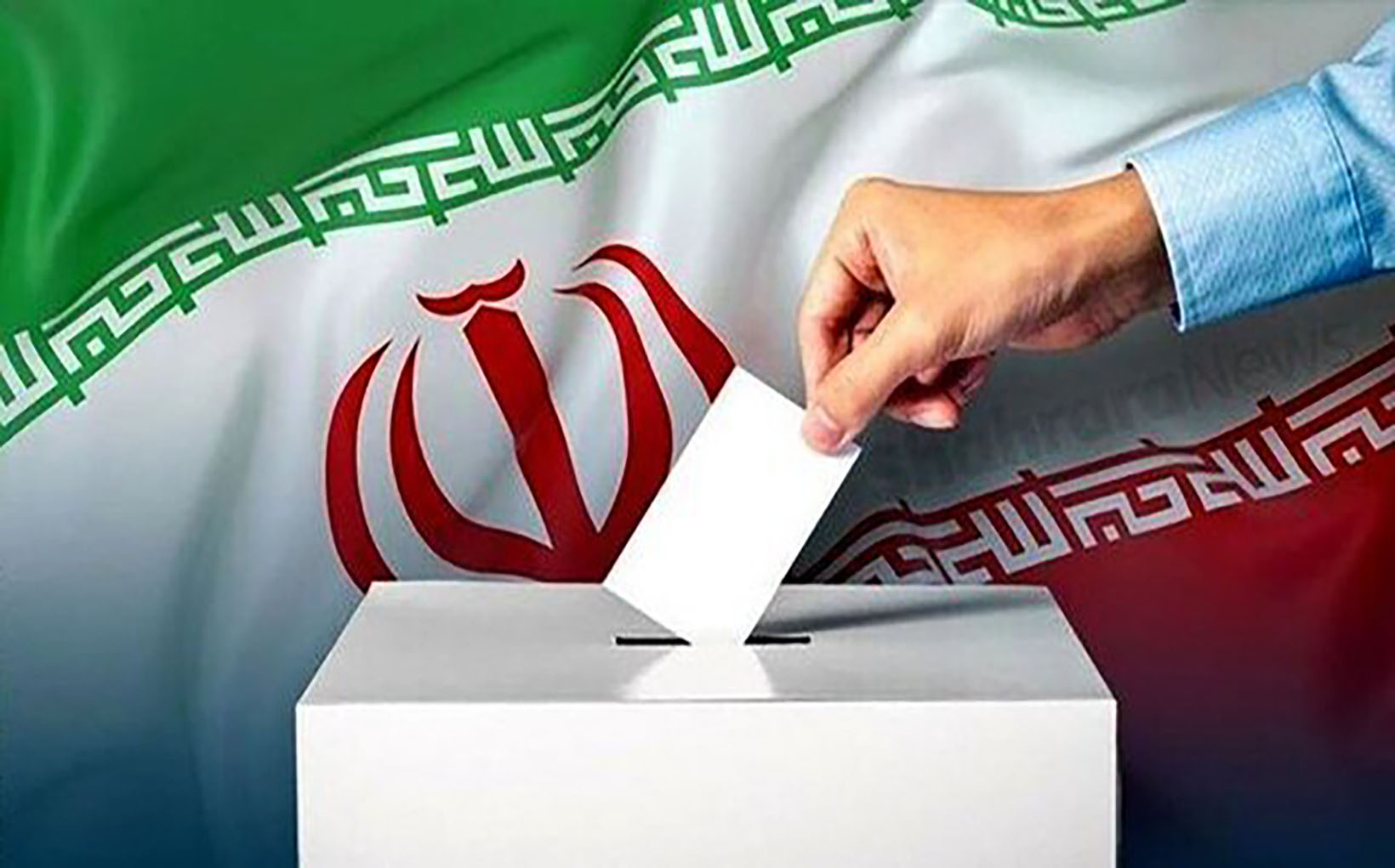Iran is currently in the midst of presidential election campaign activities. With only a few days remaining in the campaign, candidates are attempting to establish their strength by visiting various cities and hosting election rallies to show their grassroots support. This is to strengthen their position in the wake of the televised debates.
While all observers considered the main competition in the upcoming election to be a political rivalry among conservatives prior to the announcement of the final candidates, the emergence of a new figure named Masoud Pezeshkian has increased the level of competition on the election scene.
Pezeshkian’s participation in the election has shifted the atmosphere from intra-conservative competition to classic reformist-conservative rivalry, causing confusion among conservatives who had planned for an internal camp competition. While the reformist movement now knows exactly what strategy it will pursue for the coming Friday, the conservative camp is experiencing internal conflicts, and it is still unclear what the final situation will be in the coming days.
Pezeshkian: The unexpected figure of the election
Despite being denied permission to run for president in the 2021 election by the Guardian Council, which certifies presidential candidates, Pezeshkian was granted approval to enter the presidential race. Therefore, among the potential candidates of the reformist faction, he was considered to have a lesser chance compared to others. Surprisingly, he was allowed to run in the election, while other reformist candidates were not allowed to do so. Pezeshkian served as Minister of Health under Iran’s reformist President Seyyed Mohammad Khatami from 2001 to 2005.
Unlike many reformists who do not refer to religious texts in their political discourse, he frequently references Quranic verses and religious stories in his speeches. Aside from his medical and political careers, he has extensive experience participating in religious activities. His humble, ethical, and friendly personality traits, as well as his use of language close to that of ordinary people, have drawn more attention to him than expected. In his debates and speeches, he tries to focus on the issue of lack of equity in the distribution of the country’s resources by relying on religious principles, with the goal of gaining support from peripheral regions.
Although Pezeshkian has shown in his debates that he doesn’t exactly know what he would do if he won the election, he relies heavily on his reformist colleagues and supporters. The entire administrations of Hassan Rouhani and Mohammad Khatami (two former presidents with reformist tendencies) are campaigning for Pezeshkian and are attempting to draw attention to him by emphasizing his personal characteristics.
Unexpectedly, Pezeshkian has shown significant growth in the polls thus far. He has been able to simultaneously represent himself as a representative of the urban middle class in downtown areas and the lower classes in the country’s peripheries. In this way, he has stirred the vote of the swing voters that had abstained from participating in the previous election and is now attempting to attract these undecided votes to his ballot box.
Confused Conservatives
The conservatives had prepared themselves for an internal struggle between the ideological spectrum supporting Saeed Jalili and the technocratic spectrum of Mohammad Bagher Ghalibaf, and the political forces were organized accordingly. However, Pezeshkian’s sudden rise and the general mobilization of reformists to support him have placed the conservatives in a difficult position.
If Jalili and Ghalibaf both continue to participate in the election simultaneously, the conservative vote will be divided, which will increase the reformists’ chances of victory. As the campaign’s final days approach, both conservative groups are putting pressure on each other to withdraw their candidate, citing polls that show their candidate is ahead. In most polls, Saeed Jalili has a better voting situation compared to Ghalibaf; however, Ghalibaf has a better chance of attracting votes from Pezeshkian’s basket, giving him an advantage over Jalili.
In 2021, Ghalibaf made a political sacrifice by withdrawing two days before the end of the election campaign to support Seyyed Ebrahim Raisi, the former president who died in the helicopter crash. Many of his supporters now believe that the conservative movement has a historical obligation to express gratitude to him.
Foreign policy and economy: The two main determining issues
Political debates have shown that foreign policy and the economic situation are the primary sources of disagreement and conflict among the country’s political factions.
Despite the bitter experience gained during Rouhani’s administration, the reformist front continues to believe that Iran should move toward cooperation, collaboration, and coordination with the West to resolve its problems with the US. They contend that the only way to lift the economic sanctions against Iran and give the country a chance to recover from its economic woes is by working out a solution with the United States.
The conservative front, on the other hand, believes that Iran-America’s problems are too complex to resolve in the short term. They argue that the US, particularly with its actions regarding the JCPOA (Joint Comprehensive Plan of Action), has demonstrated itself to be an untrustworthy actor, and that the country’s policies should not be entirely dependent on resolving issues with the US.
Conservatives highlight cooperation with Russia and China as viable alternatives. Reformists, on the other hand, believe that Russia and China, knowing that Iran will not have a relationship with their opponent the United States, make little attempt to draw Iran’s interests, and that Iran’s connections with these countries are primarily concerned with serving their interests.
A fragile victory
If either the conservative or reformist side wins, it appears that the election victor will have a fragile victory, and this will have an impact on their political actions afterward.
The conservative movement will revise its social policies, while the reformist movement, despite the return of figures such as Mohammad Javad Zarif to the country’s foreign policymaking scene, will be less optimistic about relations with the United States and the West.

















Leave a Reply